
Proven Health Benefits of Eating Eggs Based on Evidence

The benefits of eggs are often overshadowed by outdated concerns about cholesterol, but modern research paints a very different picture. Eggs remain one of the most nutrient-dense foods available, offering protective effects for the brain, heart, bones, metabolism, and even long-term disease prevention. According to Harvard Health Publishing, eggs are safe and beneficial for most healthy individuals when eaten in moderation (Harvard Health).
Eggs Are Extremely Nutritious
Eggs are among the most complete foods on the planet. They contain high-quality protein, essential fats, vitamins, minerals, and a wide array of trace nutrients that support overall health.
A single large egg contains:
Vitamin A: 5% RDA
Vitamin D: 10% RDA
Vitamin B12: 10% RDA
Vitamin B6: 5% RDA
Selenium: 28% RDA
Phosphorus: 9% RDA
Vitamin B2: 15% RDA
Eggs also supply valuable amounts of vitamin E, vitamin K, calcium, and zinc. One large egg contains only 72 calories, with 6 grams of protein and 3 grams of healthy fats.
Nutrition researchers often describe eggs as “nature’s perfect food” because they provide a little of almost every nutrient the human body needs (USDA).
Eggs Promote Good Eye Health
Egg yolks contain two powerful antioxidants, lutein and zeaxanthin, which are essential for protecting long-term eye health. These compounds help reduce the risk of macular degeneration and age-related vision loss.
A study from Tufts University published in the American Journal of Clinical Nutrition showed that eating egg yolks significantly raises blood levels of these antioxidants. Vitamin A, also found in generous amounts in eggs, plays a crucial role in preventing night blindness. According to the Encyclopedia of Life Sciences, vitamin A deficiency contributes to over 500,000 cases of blindness each year.
It’s important to note that these benefits come only from the yolk — not the egg white.
Eggs Can Help You Lose Weight
Despite misconceptions about fat content, eggs can support weight loss and appetite control. A study in the Journal of the American College of Nutrition found that individuals who ate eggs for breakfast felt fuller, experienced less hunger, and consumed fewer calories throughout the day compared to those who ate a carbohydrate-heavy breakfast such as a bagel.
This appetite-regulating effect lasted up to 36 hours in some participants, emphasizing how protein-rich foods stabilize blood sugar and reduce cravings.
Eggs Help Build Bone and Muscle Strength
Eggs are one of the few natural food sources of vitamin D. When paired with calcium, vitamin D promotes strong bones and lowers the risk of osteoporosis.
Their high-quality protein makes them an excellent muscle-building food. The amino acids in eggs are uniquely balanced and easily absorbed by the body, helping repair and build muscle tissue more efficiently than many other protein sources (NIH).
Eggs Boost Brain Health and Keep You Sharp
Eggs are a rich source of choline, a nutrient essential for brain function, memory, and nervous system health.
A study published in the American Journal of Clinical Nutrition examining 1,391 adults found that higher dietary choline intake was associated with better cognitive performance and stronger memory. Another study in the British Journal of Nutrition involving more than 2,000 older adults linked increased choline intake with better perception speed, cognition, and motor response.
One egg provides roughly 35% of the daily recommended choline intake — significant considering that 90% of Americans do not get enough choline (FASEB Journal).
Eggs also contain antioxidants and omega-3 fats (in certain varieties) that are associated with delaying cognitive decline, dementia, and Alzheimer’s disease.
Eggs Can Prevent Heart Disease and Breast Cancer
Research from the University of North Carolina at Chapel Hill suggests that choline not only supports brain function but may also reduce the risk of breast cancer (Nutrition Reviews).
This is particularly remarkable given that eggs were once criticized for harming heart health. Recent scientific evidence now shows that moderate egg consumption can improve cholesterol profiles and protect the cardiovascular system.
Other studies have found that certain seeds and healthy fats, when eaten with eggs or as part of a similar diet, may further reduce cancer risk.
A Word About Eggs and Cholesterol
Eggs were long believed to worsen cholesterol levels, but newer research contradicts this idea. Although eggs contain dietary cholesterol, studies show that for most healthy individuals, eating eggs does not significantly affect blood cholesterol.
A 2006 study in the Journal of Nutrition followed adults over 60 who ate one egg per day for five weeks. They experienced increased lutein and zeaxanthin levels without any rise in cholesterol.
A 2008 study in the Upsala Journal of Medical Sciences found that middle-aged participants who ate an egg daily for one month had no change in cholesterol either.
Furthermore, a 2013 study in Lipids discovered that whole eggs improved HDL (“good”) cholesterol and helped HDL function more effectively — crucial for preventing heart disease and stroke.
How Many Eggs Should You Eat Each Day?
According to the Mayo Clinic, most healthy individuals can eat up to seven eggs per week without increasing their risk of heart disease. Some research suggests that this level of consumption may even reduce the risk of stroke.
However, the recommendations differ for individuals with diabetes. Studies published in the Canadian Journal of Cardiology show that diabetics who consume seven eggs weekly may increase their cardiovascular risk.
For those wary of cholesterol, egg whites provide protein without the yolk’s cholesterol — but remember that the yolk contains most of the egg’s nutrients. A balanced approach is key.
News in the same category


What Can Your Urine Tell You about Your Health

Pour hot water over an apple and the chemicals will become clearly visible – the best way to check if an apple is toxic

Doritos Goes Dye-Free: PepsiCo Shifts to Natural Colors
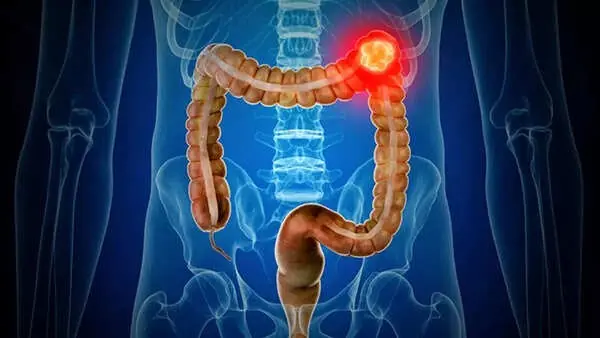
Everyday symptoms that keep appearing in people with bowel cancer

The Shocking Truth About Blood Clots and Natural Treatments That Actually Work

Hidden signs of parasites in your body and how to flush them out naturally

Nanobots could be disease-fighting machines inside the body, offering a path to eternal life

Surgeon who watched online videos on amputation charged after removing his own legs

5 Estrogen-Rich Foods Women Should Eat for Hormonal Balance & Radiant Skin
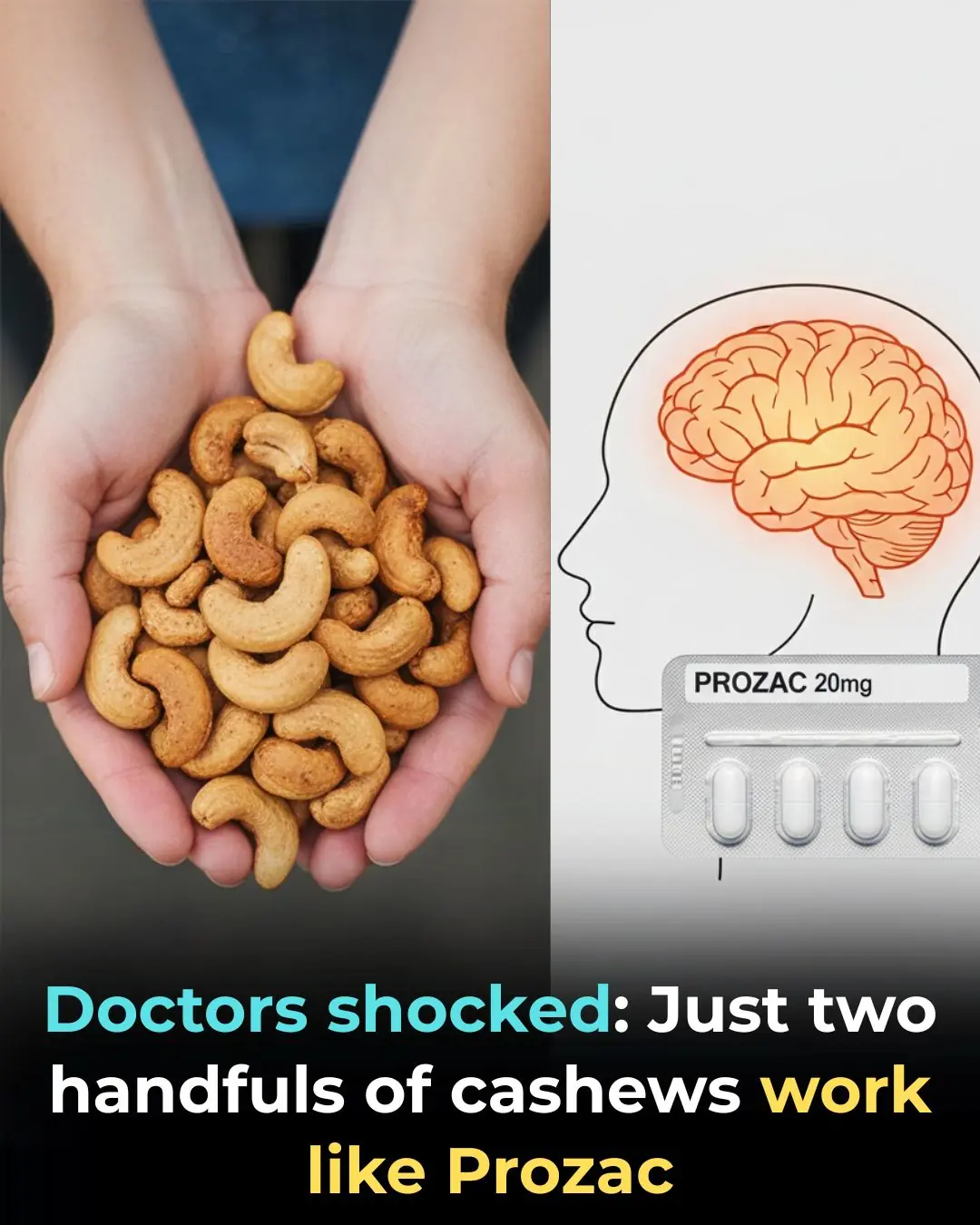
2 Handfuls of Cashews is The Therapeutic Equivalent of a Prescription Dose of Prozac

7 tips to eliminate dangerous blood fat
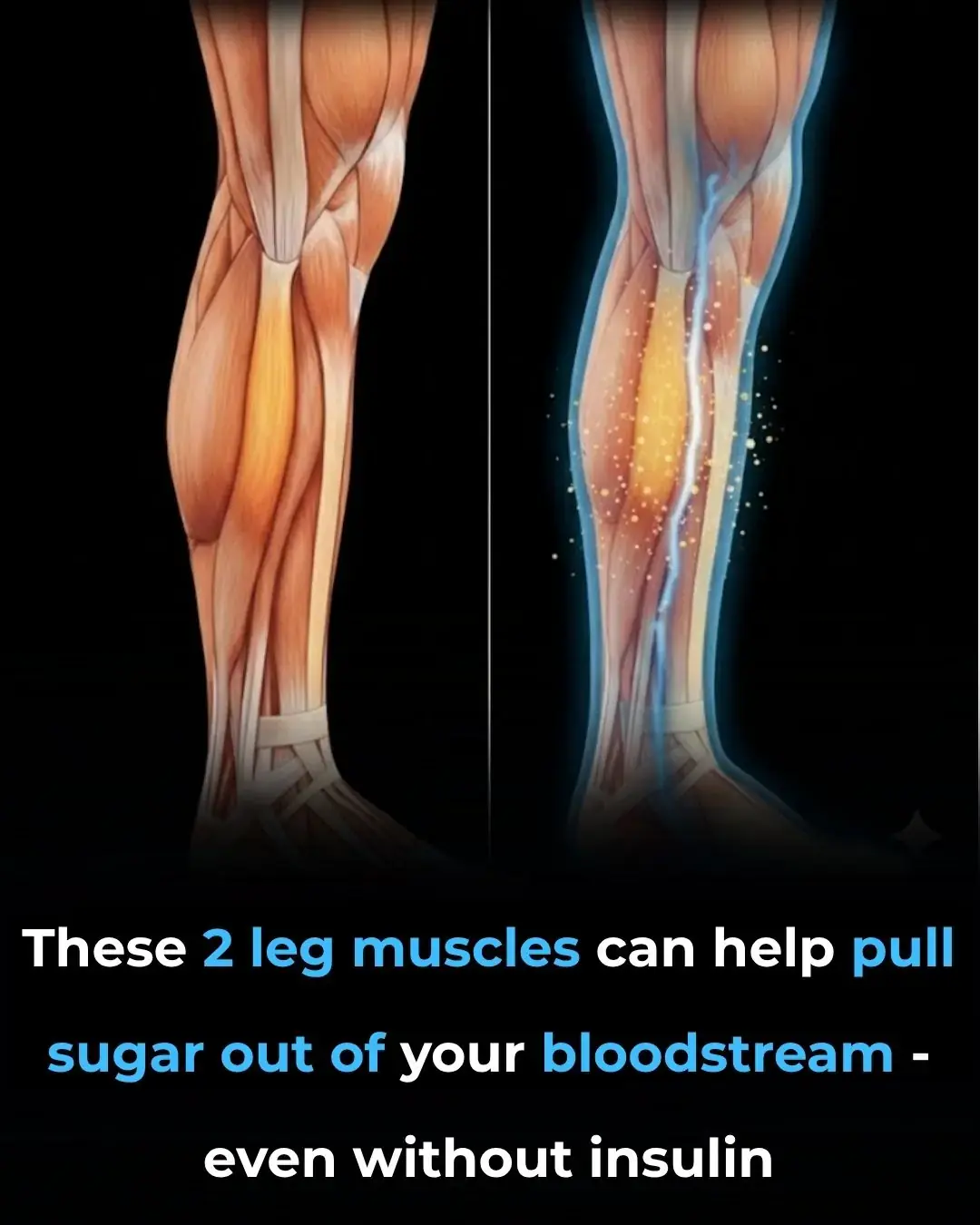
Lower blood sugar naturally by training just 2 leg muscles

Forget aspirin—this everyday fruit can help protect you from stroke and heart attack

Preventing Stroke At Any Age: 3 “Don’ts” After Meals—And 4 “Don’ts” Before Bed
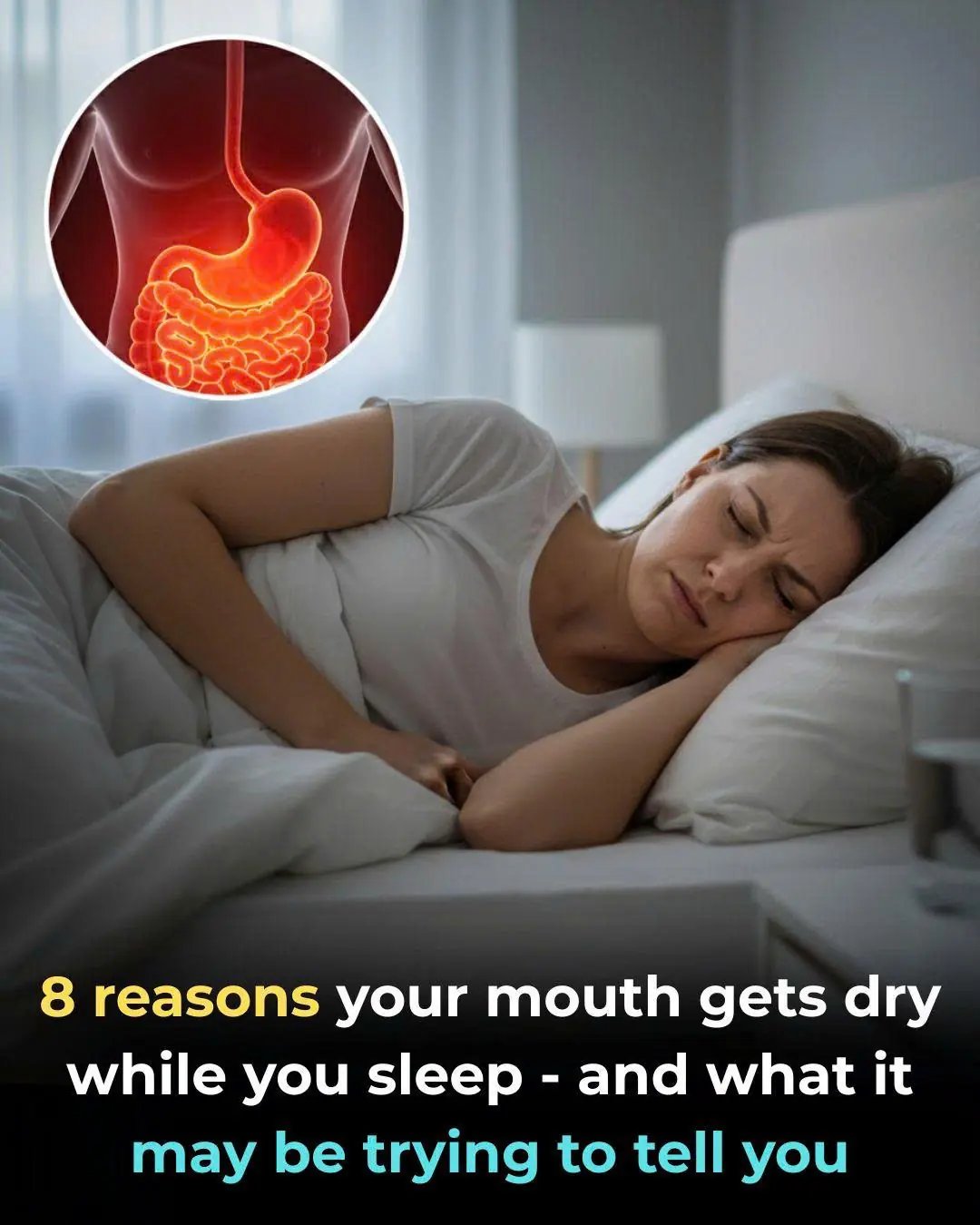
People whose mouths feel dry when sleeping at night need to know these 8 reasons
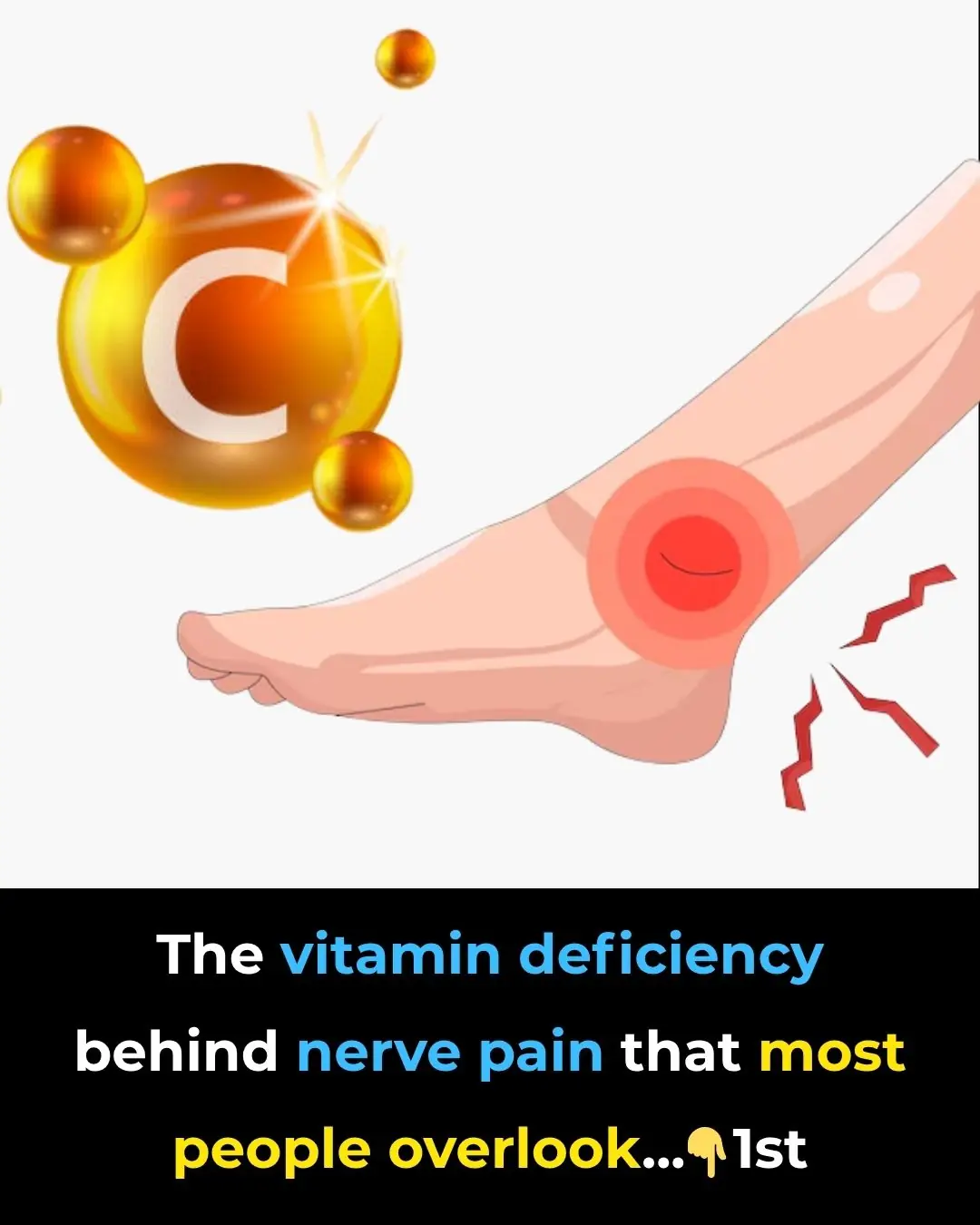
Nerve Pain Relief? The Vitamin Deficiency You Never Suspected!
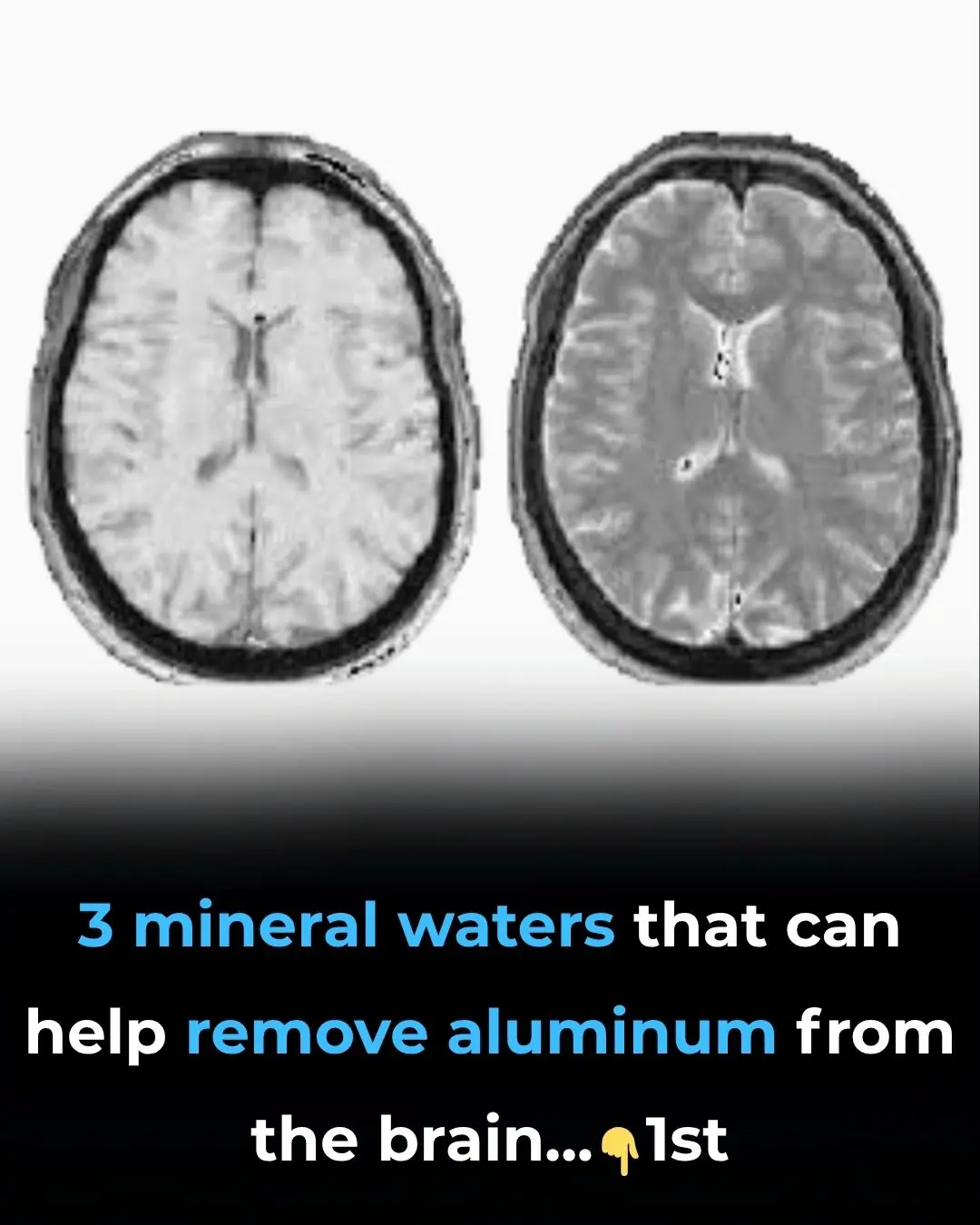
3 Mineral Waters That Can Help Remove Aluminum From The Brain

Say Goodbye to Swelling: Natural Ways to Beat Water Retention Fast!
News Post

📺 Disney+ Announces Season 3 Premiere Date for "Addictive" Thriller Tell Me Lies

🌸 Coronation Street Star Georgia Taylor Hits Back at Rude Troll Over New Tattoo

👻 Back From the Dead: Barry Evans Returns to EastEnders After 21 Years

🎤 I'm A Celebrity's Aitch "Cancelled" Over Ex-Girlfriend's Embarrassing Story

🧶 Tom Daley Designs the World's First 'Scratchcard-igan' for the Festive Season

🤷♀️ MAFS UK Fans Ask: Where Were Grace and Ashley at the Reunion?

🎤 Sam Thompson and Pete Wicks Address Strictly Hosting Rumours

🏥 Kerry Katona Undergoes Corrective Breast Surgery After Tissue Rupture

When a Baby Elephant Called for Help — and Soldiers Answered.

THE FIRST WOMAN ON THAT FIELD: The Story of Lt. Gabrielle White and the Day She Shook the Army.

The Cry That Stopped the Truck.

The Day a Police Officer Became a Hero to One Little Boy.

The Last Delivery: The Day an Amazon Driver Became Family.

When Atlas Finally Fell — And Someone Finally Caught Him.

Garlic for Ear Health: Natural Relief and Protection

Clove Lemon Chia Collagen Drink: Erase Wrinkles & Dark Spots

Vogue Williams confirmed as I'm A Celeb latecomer as she shares 'real worry'

Emmerdale fans 'rumble' DNA twist as April is 'not Marlon Dingle's daughter'

Ginger Lemon Water: 14 Powerful Reasons Women Should Drink It Daily
